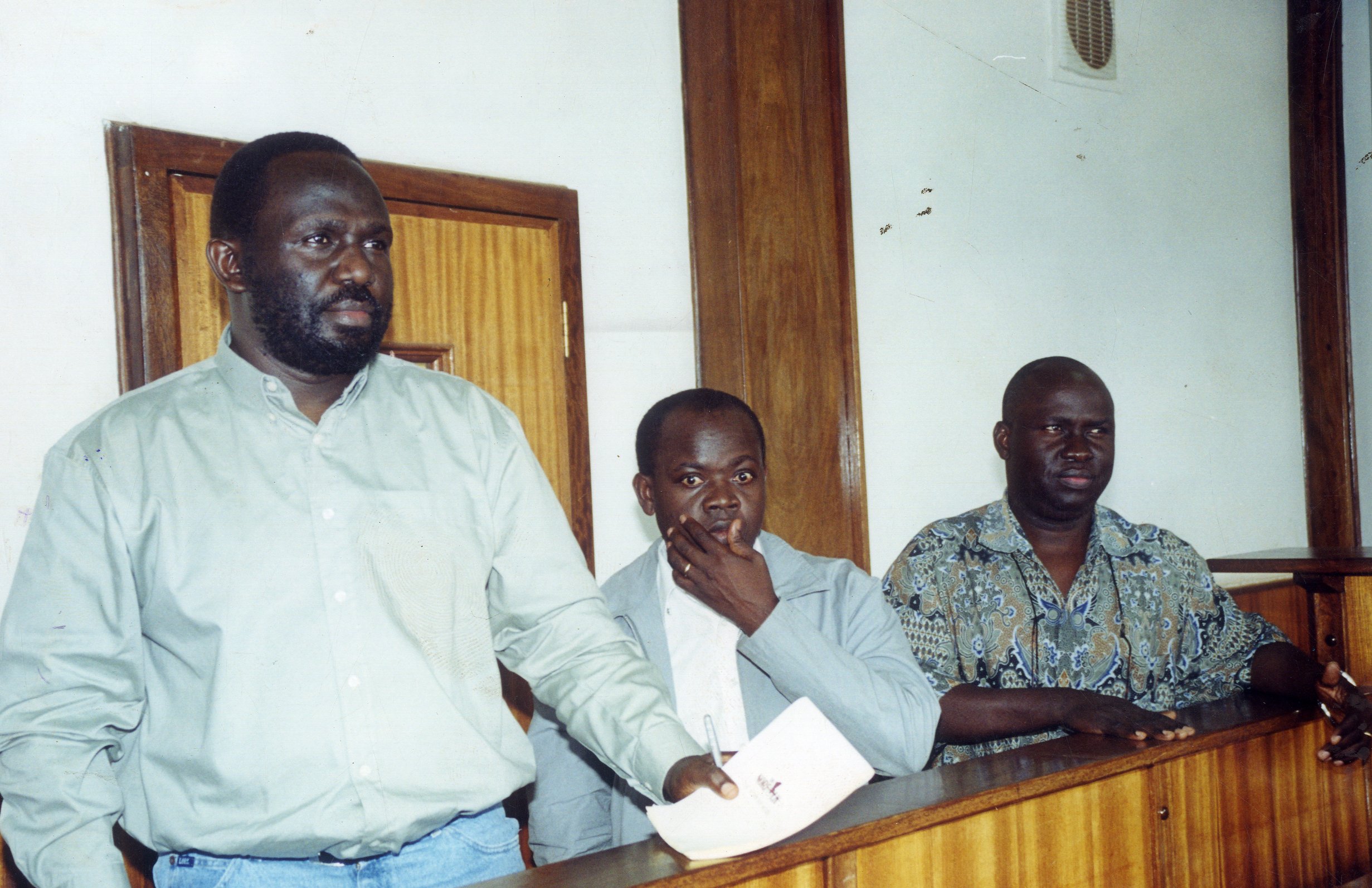Prime
Monitor at 30: Three decades of blood, sweat and tears

Raymond Mujuni
What you need to know:
- Daily Monitor has been patient with lags in growth but very impatient with vices such as corruption and impunity.
Every time you are writing, contributing to or editing a story that will run in the Daily Monitor, you get an overwhelming sense of responsibility.
That responsibility is to first of all, get your facts right, to give context to the story and most importantly to fulfill a journalistic duty of afflicting the comfortable and comforting the afflicted.
This responsibility has been built through 30 years of blood, sweat and tears. No newspaper in Uganda’s history has come up as consequential, independent and resilient as Daily Monitor. It is also unlikely that any paper has teetered at the edge and burst the seams of freedoms of expression in Uganda in the manner and scope the Daily Monitor has done.
It is why, this Sunday, we celebrate 30 years of it’s publication.
I have myself been writing for Monitor for about 10 years with intermittent breaks- starting out as a junior writer in it’s teen pages before graduating to a journalist, columnist and editor for some of its pages.
It gives me immense pride to have my by-line in the paper.
Uganda is better because of the Daily Monitor and the way it perceives democracy. The paper has been patient with lags in growth but very impatient with vices such as corruption and impunity. The expose on the Black Mamba, splashing them on the front page and demystifying their impunity brought home a powerful point on the rule of law. The insistence on putting Rtd Col Dr Kizza Besigye on the front pages of the paper when he was being witch hunted for his political ideas hammered home the role of an opposition in politics.
FIND STORY: Uganda maintains poor press freedom ranking
Monitor has also succeeded because those who chide it still read it religiously. Those who underestimate it go to great lengths to get published in it and those who revere it have no highway either to getting published. That functionality of the institutions of the paper is something to be proud of. Something rare in Uganda’s aesthetic.
Very finally, the Monitor needs to be credited for its relationship with power. In its three-decade publication stint, Monitor has understood and labored to make it’s readers understand the source – and practice of – power in Uganda. Centres of power in Uganda are often keen to read about each other from the Monitor and make decisions based off what the paper has published. It has also been hard to get the Monitor to ‘sell-out’. Attempts of great lengths have been made, including handshakes but the soul of the newspaper has remained intact largely due to the notoriety of the staffers in it and the other due to the strength of institutions.
ALSO READ: Why does journalism need to be saved?
As a 30-year-old, Monitor now has to contend with a generational shift in attention and consumer behavior. To survive, the paper has to read the times, understand the consumption patterns of its readers and practice a careful art of serving both the hot and cold to them.
I have no doubt Monitor will remain successful – in whatever form it takes.
Very finally, an interesting anecdote to add, often times, the President has accused Daily Monitor of being an ‘enemy’ newspaper but it makes for some good record if you look at all the handlers of the President’s communications moving back in time. Something about all their CV’s is irrefutable – their employment with Monitor whilst they were still young. Must be nice to recruit from your enemies.
Happy 30th, Daily Monitor, The Truth Everyday!




